CLDN18.2 CAR‐derived Extracellular Vesicle Immunotherapy Improves Outcome in Murine Pancreatic Cancer
Advanced Healthcare Materials, EarlyView.

CLDN18.2 CAR-T cell-derived small extracellular vesicles (CAR-sEVs) display potent cytotoxicity and prolong survival in preclinical pancreatic cancer models. They contain functional CAR proteins and granzyme B, exhibit antigen specificity, and effectively target tumor cells while sparing healthy cells. The findings underscore CAR-sEVs as a promising, potentially safer alternative to conventional CAR-T cell therapy for pancreatic cancer.
Abstract
Pancreatic ductal adenocarcinoma (PDAC) remains one of the most lethal malignancies, with no current effective treatment options. Chimeric antigen receptor (CAR) T cell therapy represents a powerful immunotherapeutic approach but faces major limitations in PDAC due to complex manufacturing and reduces efficacy within the highly immunosuppressive tumor microenvironment (TME). Small extracellular vesicles (sEVs) derived from CAR-T cells present a novel strategy to address these challenges. Here, CLDN18.2 CAR-T cells are used to generate CAR-sEVs via ultracentrifugation. The purified CAR-sEVs exhibit typical sEV size and morphology, containing established sEV markers, and carry functional CAR proteins along with cytotoxic molecules such as granzyme B. In vitro, CAR-sEVs displays potent cytotoxic activity against murine CLDN18.2+ PDAC cells, whereas no significant effects are observed in CLDN18.2− non-transformed cells. In an aggressive orthotopic murine PDAC model, CAR-sEV administration reduces tumor growth as measured by bioluminescence imaging and significantly extends survival. Notably, CAR-sEVs also significantly prolong survival compared to treatment with conventional CLDN18.2-targeting CAR-T cells, further supporting their therapeutic potential. Moreover, unlike CAR-T cells, CAR-sEVs do not induce systemic IL-6 release in vivo. These findings position CLDN18.2 CAR-sEVs as a promising therapeutic modality for PDAC, offering an innovative and potentially safer platform for solid tumor immunotherapy.
















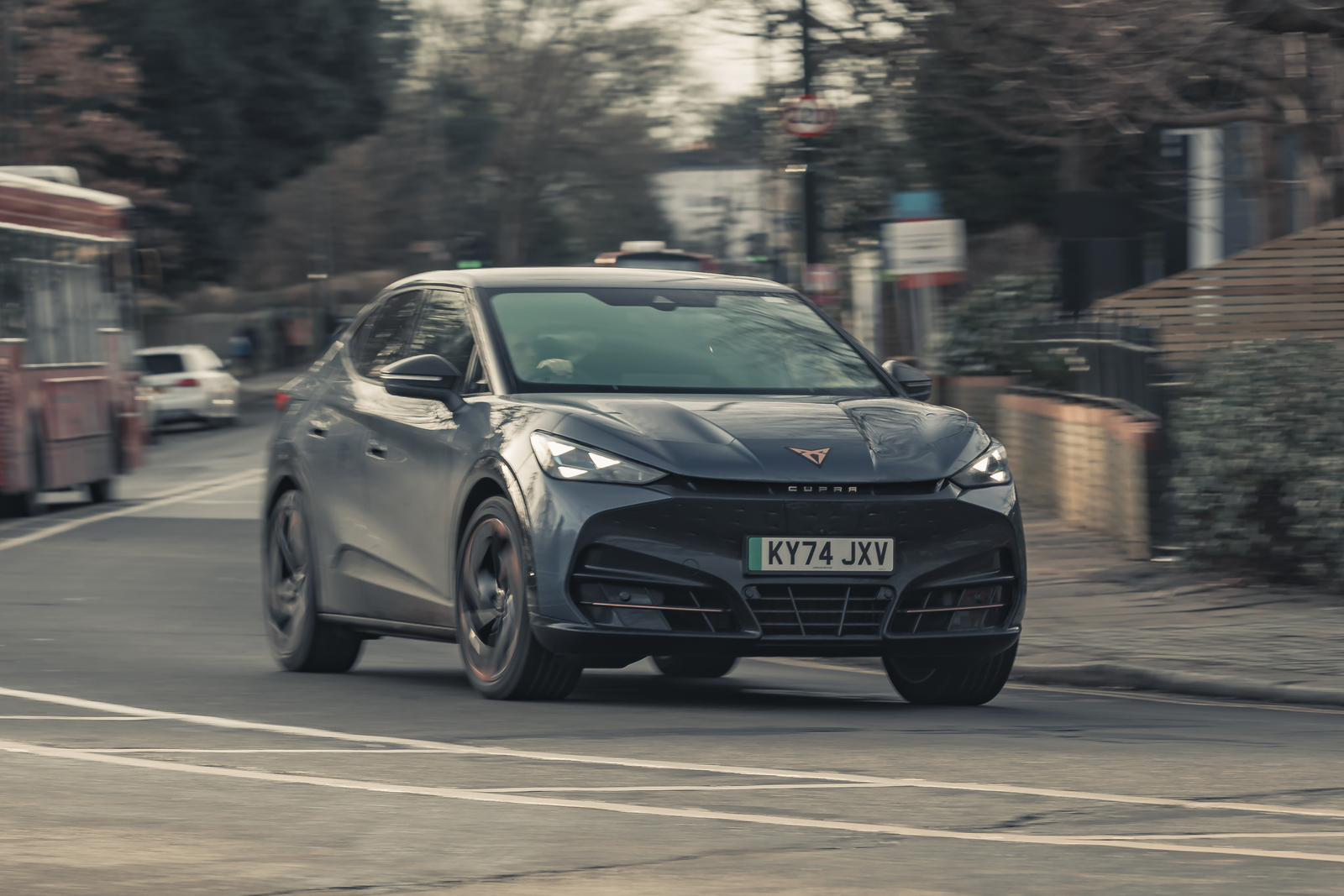












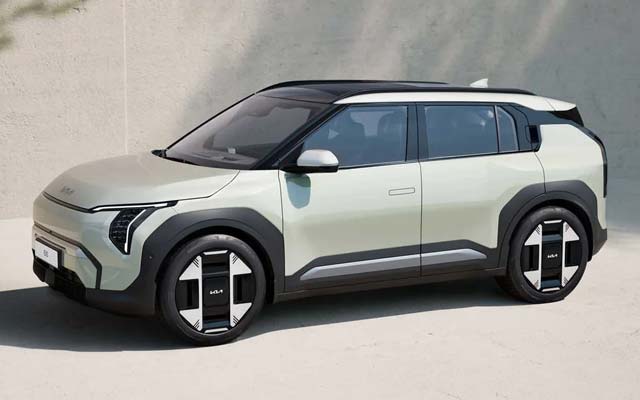





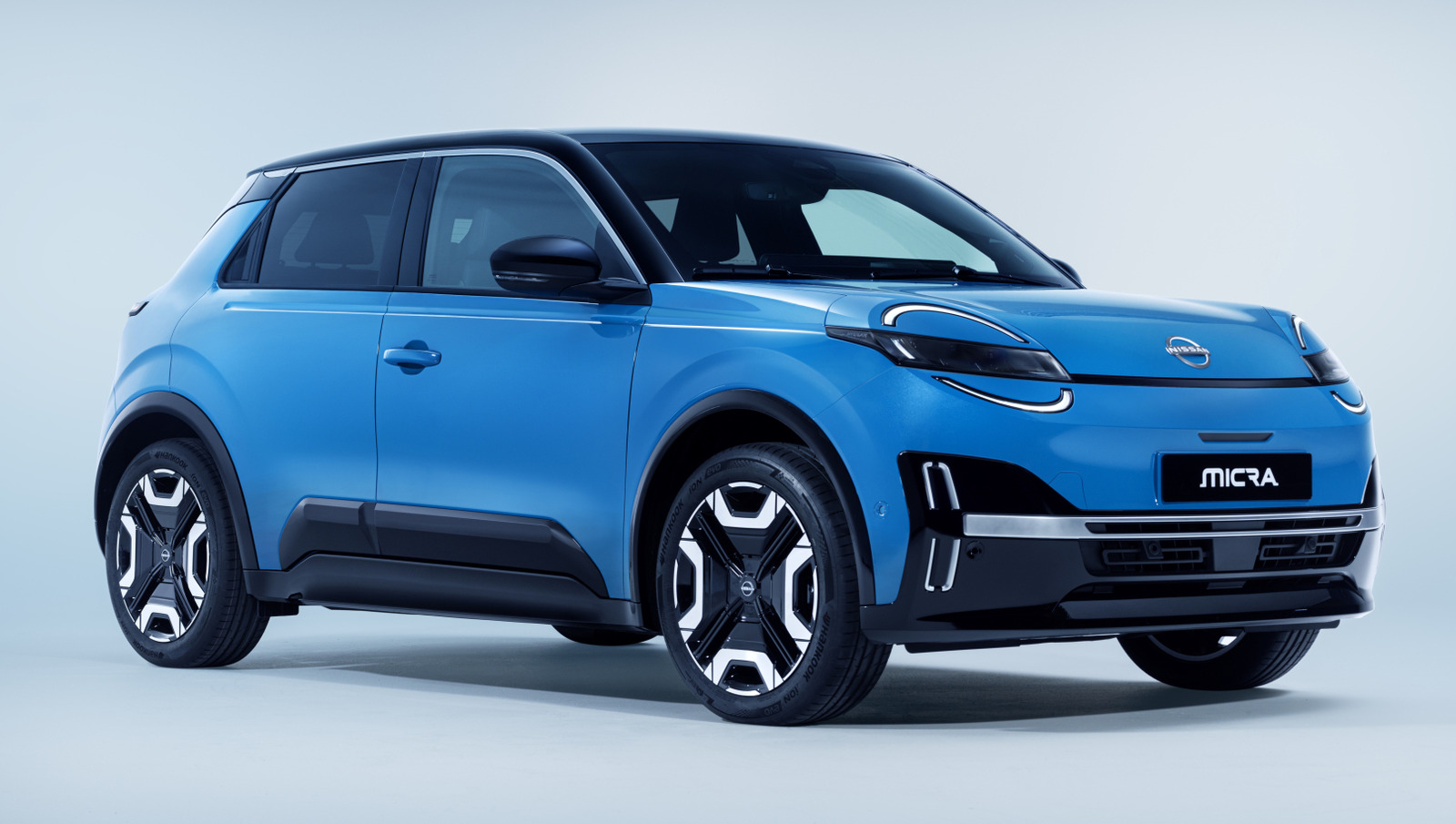


















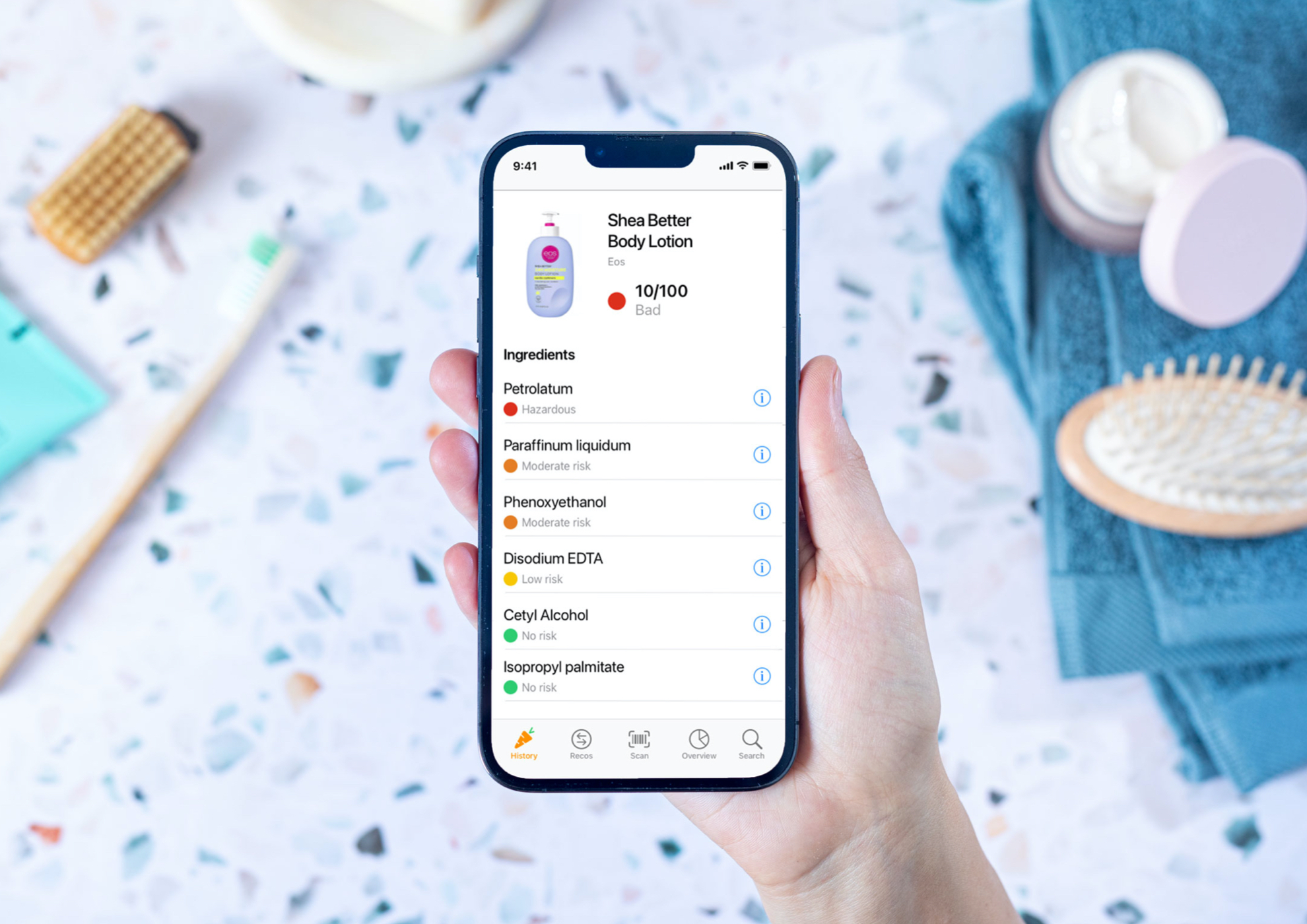














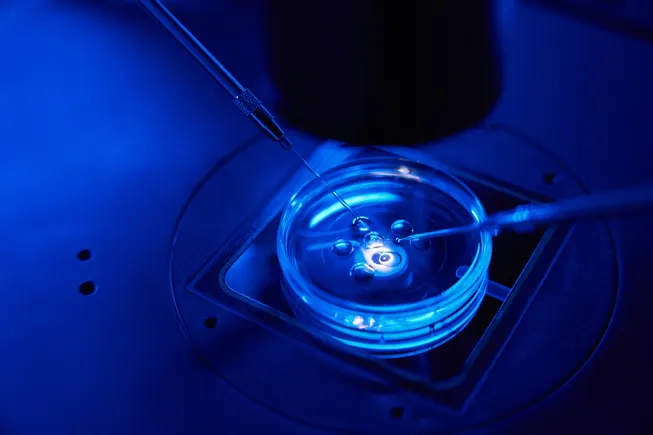

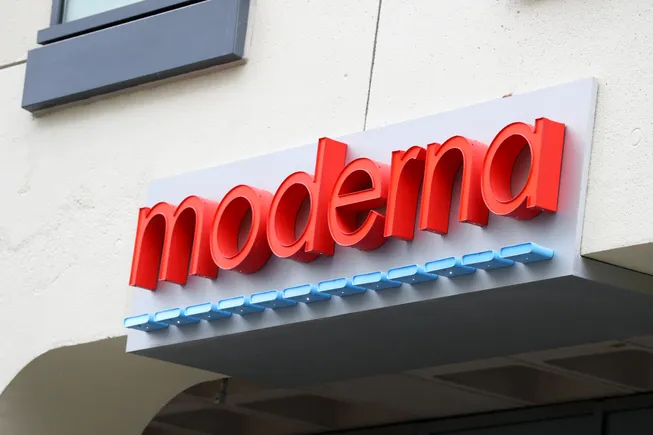




































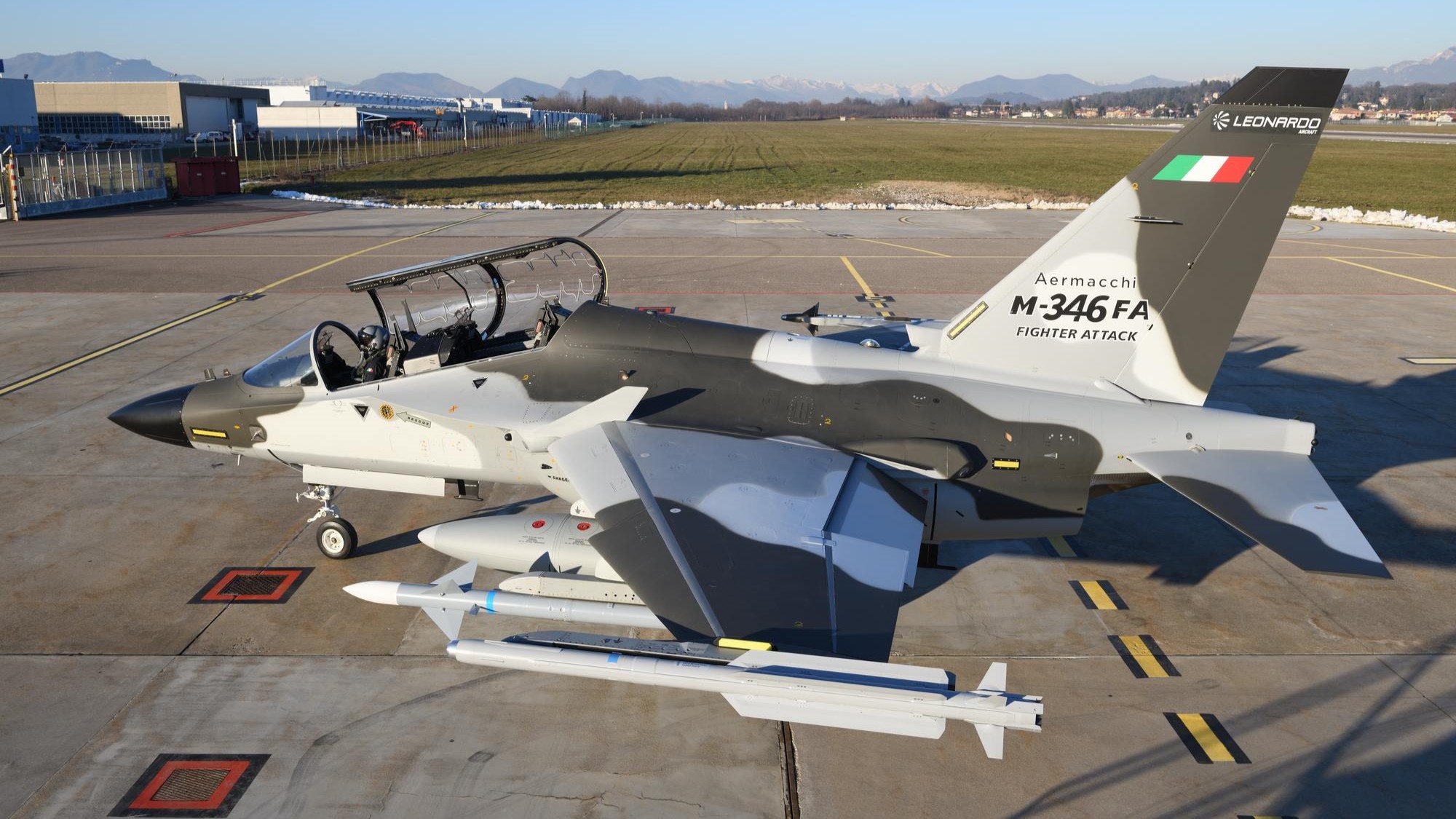

































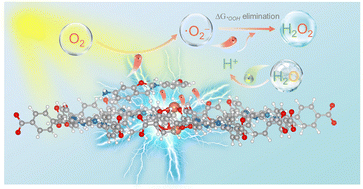







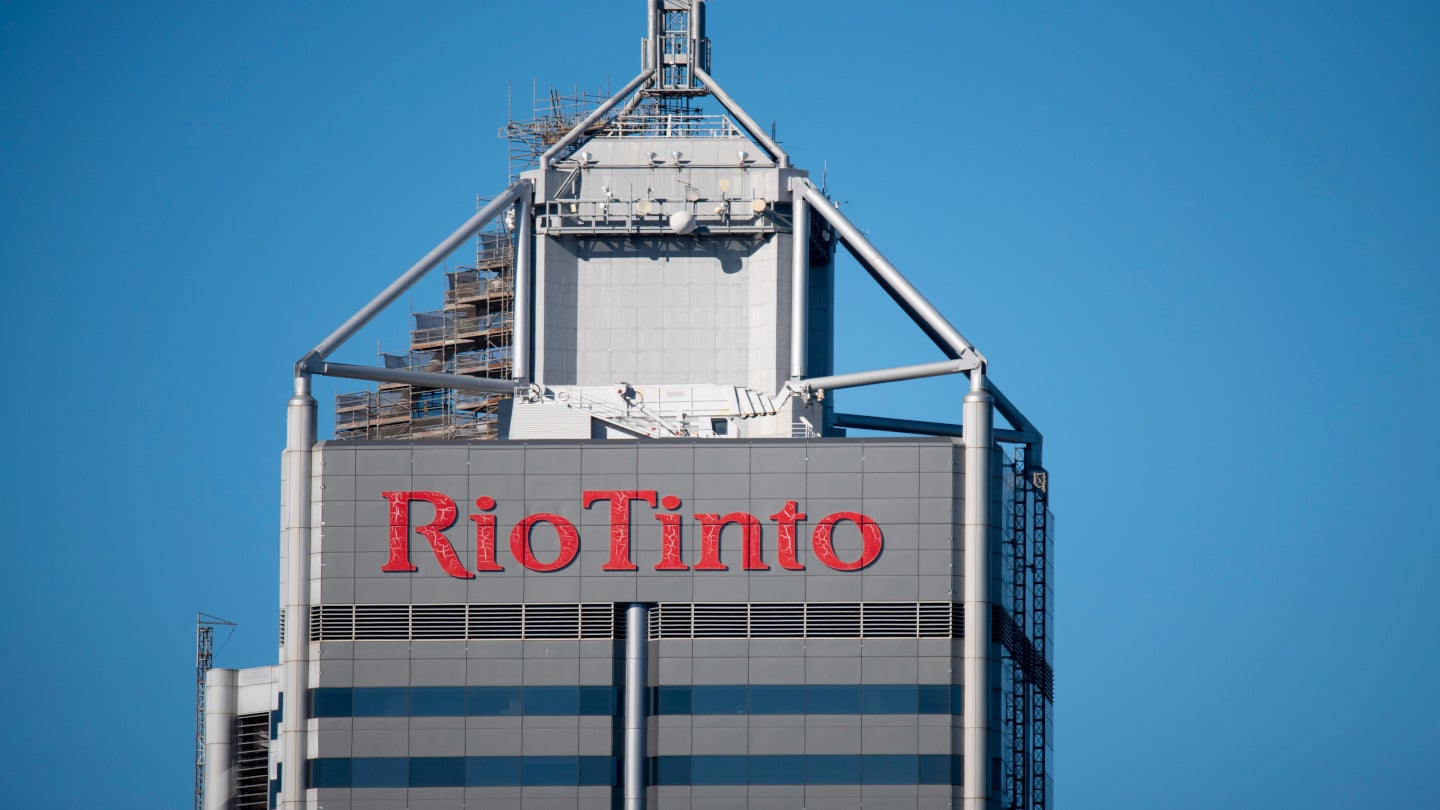

.png?cb=486e63f3912bcde2d9a2136714c1a880#)
